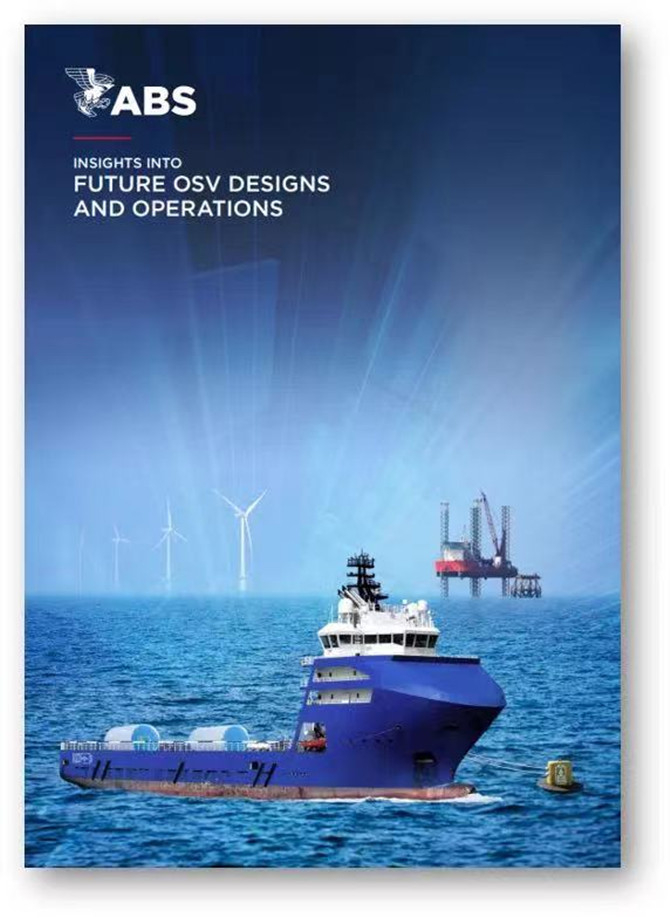Carbon neutral, fully digitalized, highly automated and configured to provide clear operational visibility and the ability to track vessels, cargo, equipment and people around the clock.
That's the vision of the next generation of Offshore Service Vessel (OSV) described in the ABS publication Insights into Future OSV Designs and Operations, which was launched at the Offshore Technology Conference (OTC).
Other insights indicate the future OSV will be multi-functional – equipped to serve multiple offshore sectors -- with larger accommodation spaces, heavy-lift cranes, helidecks and streamlined hull forms, all designed to perform complex support operations. The operational capabilities of OSVs may evolve to support many disparate sectors such as offshore wind, space missions (launches and recoveries), carbon capture (transport) and subsea mining.

Another design concept is for an OSV 'mothership' that would be crewed, but also house a fleet of autonomous surface vessels, ROVs and autonomous underwater vehicles used for operations such as repair and maintenance, cargo distribution and subsea inspections.
“ABS has a proud record of supporting innovations in OSV design, most recently with 'tri-fuel' vessels. We understand how the evolution of these vessels is only just beginning and there is an exciting future ahead: connected, sustainable, increasingly autonomous, multi-functional and highly capable of adapting to serve a variety of use cases. We are now working with leading OSV designers and operators to deliver on this potential,” said Matt Tremblay, ABS Vice President, Global Offshore.
The opinions expressed herein are the author's and not necessarily those of The Xinde Marine News.
Please Contact Us at:
media@xindemarine.com


 Ningbo Containerized Freight Index Weekly Commentar
Ningbo Containerized Freight Index Weekly Commentar  Ningbo Containerized Freight Index Weekly Commentar
Ningbo Containerized Freight Index Weekly Commentar  Ningbo Containerized Freight Index Weekly Commentar
Ningbo Containerized Freight Index Weekly Commentar  BIMCO Shipping Number of the Week: Bulker newbuildi
BIMCO Shipping Number of the Week: Bulker newbuildi  Ningbo Containerized Freight Index Weekly Commentar
Ningbo Containerized Freight Index Weekly Commentar  Ningbo Containerized Freight Index Weekly Commentar
Ningbo Containerized Freight Index Weekly Commentar